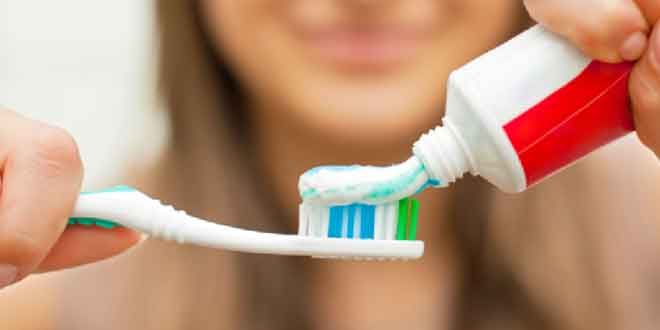
Toothbrush 101: Different Brushes for Your Teeth
Your mouth is the gateway to your body, and an entrance always gives you an idea of what is inside. A building or a house with a clean and well-kept entrance will always be more appealing as compared to a dirty unkempt entrance. The owner of a house with a clean exterior will be considered more hygienic, decent and responsible, as compared to the one whose house has a foul exterior. Same goes for the entrance of our body. Our mouth starts from our lips, and it includes our teeth, gums, tongue, inner cheeks, and the upper part known as the palate. Although dentists recommend brushing, flossing and rinsing with a mouthwash to clean your mouth; brushing remains the most important and basic technique.
A lot of us may not be able to afford a mouthwash or a dental, but a tooth brush is something we need to invest in. If we don’t do it now, we will be spending money on long and painful treatments which is much worse. Not brushing your teeth will harm all of the above mentioned parts of your oral cavity, from lips to the palate.
Now what are the things you need to stay wary of while choosing a tooth brush for yourself?
Size
The size of your tooth brush will vary according to your mouth. Don’t get the same pack of tooth brush for everyone in the house because it was on sale. Get a tooth brush according to your mouth size, because if you get a tooth brush that’s too big:
- It won’t fit inside your mouth properly.
- It will be painful or uncomfortable
- The pain and discomfort will stop you from putting in your effort to brush all parts properly.
- The tooth brush won’t reach all the crevices equally.
Bristles
The bristles of your tooth brush should be soft and thin. Softer bristles will not damage your gums, whereas hard bristles will. Hard bristles will often cause bleeding and discomfort.
Thin bristles will enter the inter-dental spaces (spaces between your teeth) easily and will remove the debris and food effectively. The point where your teeth meet your gums also needs to be softly cleaned by your tooth brush as that is where the bacteria is often left un-removed. If you overlook this area, you will soon have swollen gums with bleeding. Hence a brush with softer bristles will help you clean these areas more effectively.
Manual vs. Electric Tooth Brush
As technology is moving forward, people have come up with automatic tooth brushes. Which is better, manual or automatic? And in which case should you opt for either one? What should you keep in mind if you use an electronic brush?
Manual:
- Manual tooth brush is more cost effective.
- It is easier to carry.
- Does not have battery related complications.
- You can feel how much pressure you are using while you brush your teeth. With an electric toothbrush, the pressure put on your teeth might be too much and placing too much pressure on your teeth can wear away tooth enamel, and cause pain and sensitivity.
Electronic:
- This tooth brush is great for old people or patients with weaker muscles and bones who have trouble using their arms and shoulder muscles to brush teeth.
- An electric toothbrush has rotating-oscillating bristles. This reaches the interdental spaces effectively and cleans details.
- The movement of electronic tooth brush makes 3,000 and 7,500 strokes per minute.Something the human hand can never do.
Water Picks
These brushes are not for everyone. People with braces are recommended to use this as they clean more effectively. This device throws water with high pressure to remove food particles from teeth and braces. However some dentists say that this device is not as good as the old fashioned tooth brush, some still prefer this.
All of us who were blessed with an oral cavity have a responsibility to take care of it. Not brushing teeth properly, brushing in a hurry, or irregularly can cause dental caries, gingivitis, periodontitis and many other disorders. To avoid such diseases it is necessary to take the right preventive steps.

